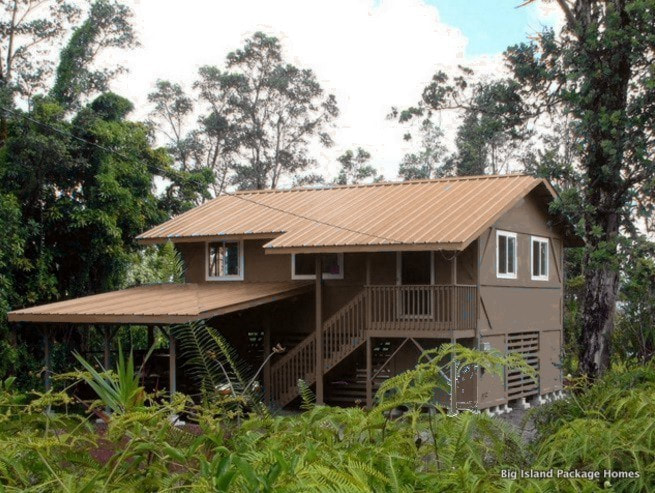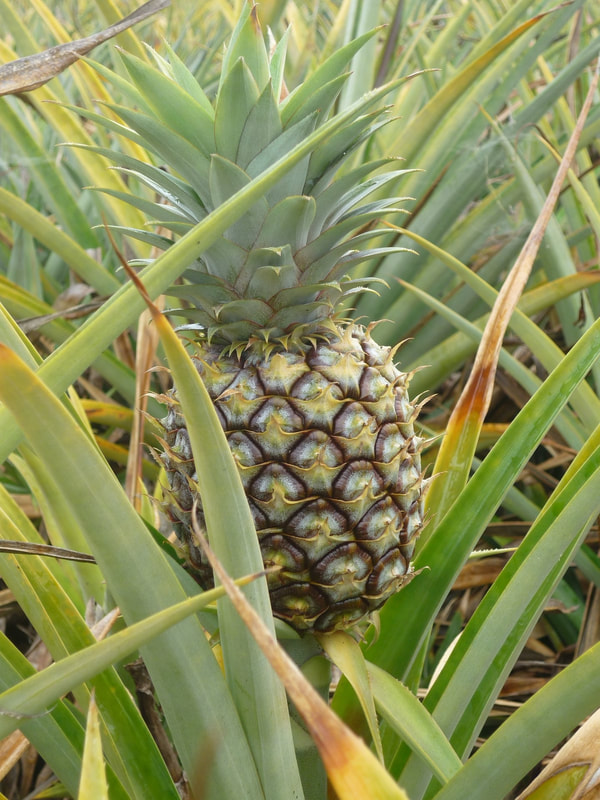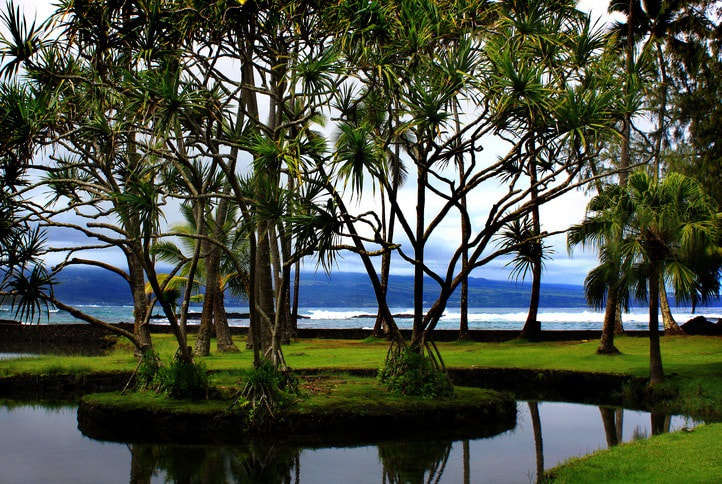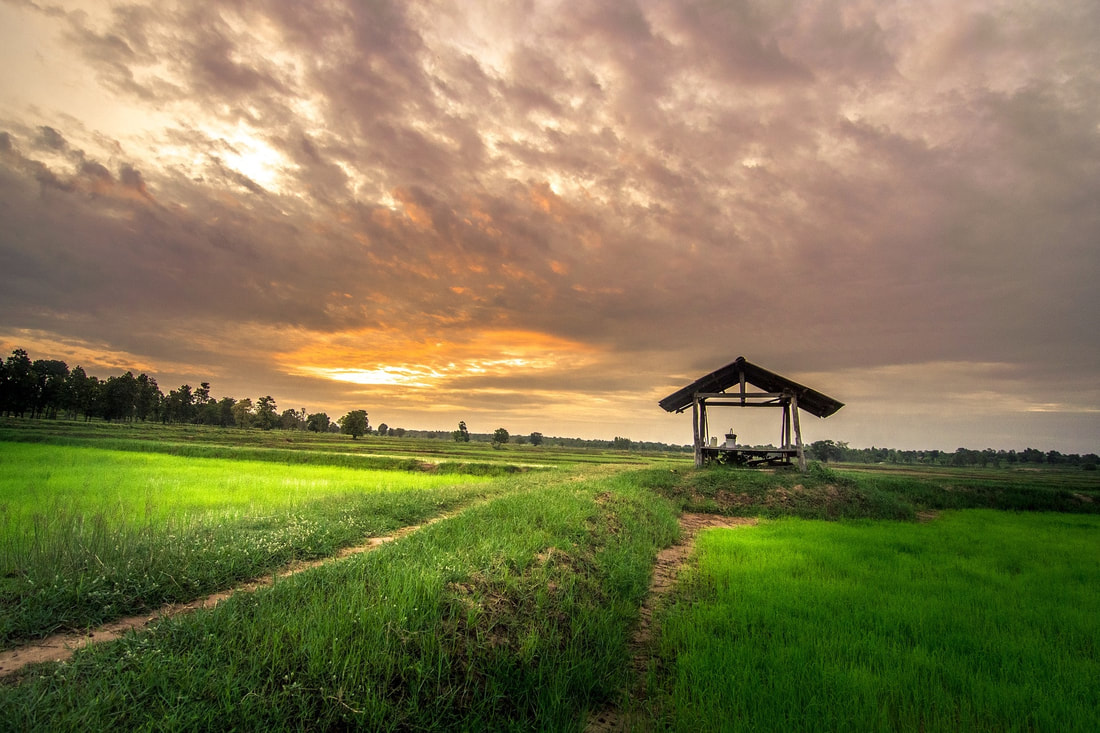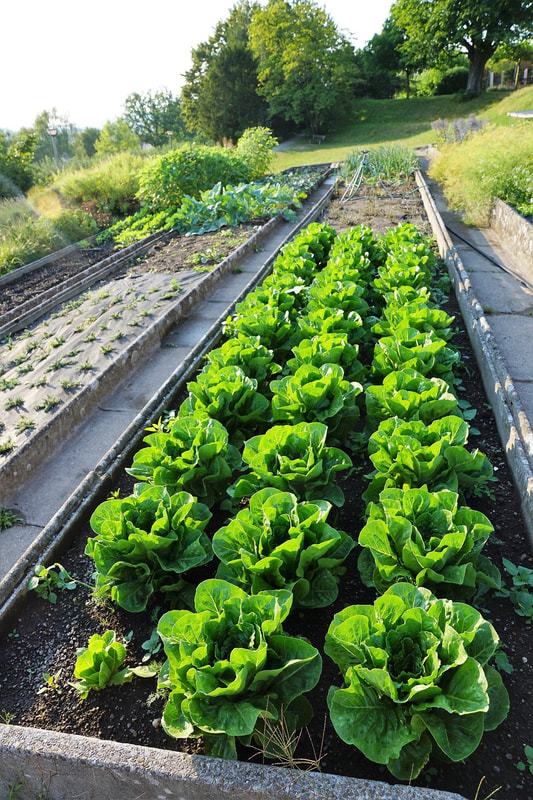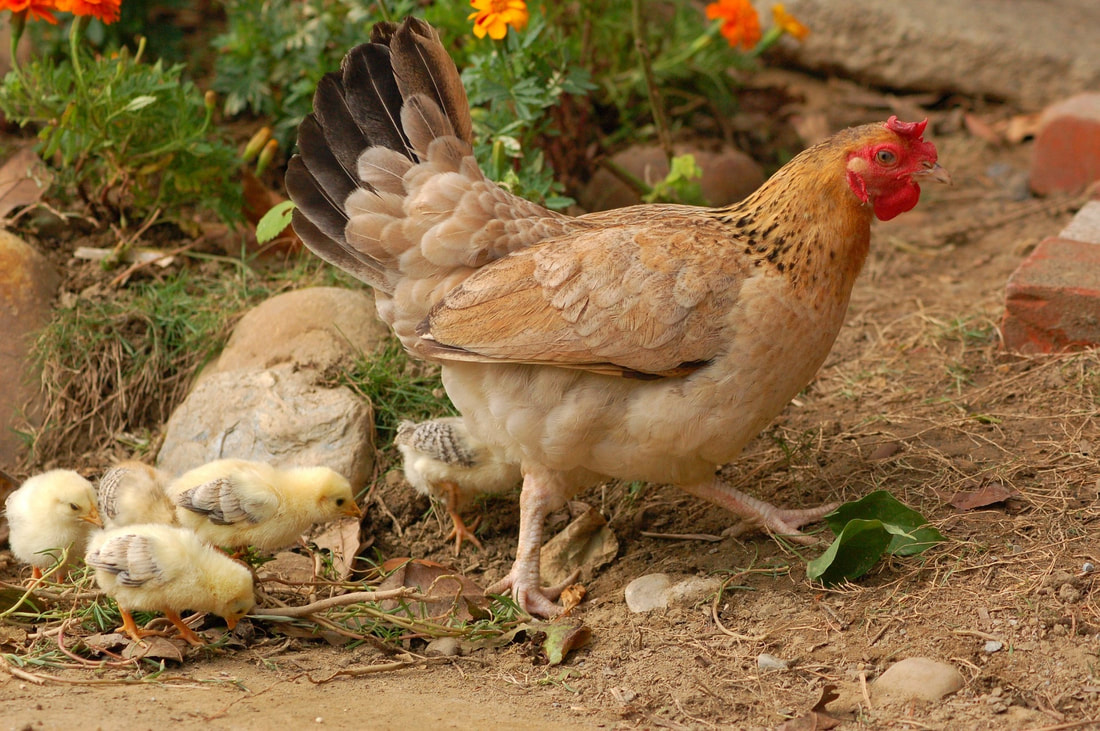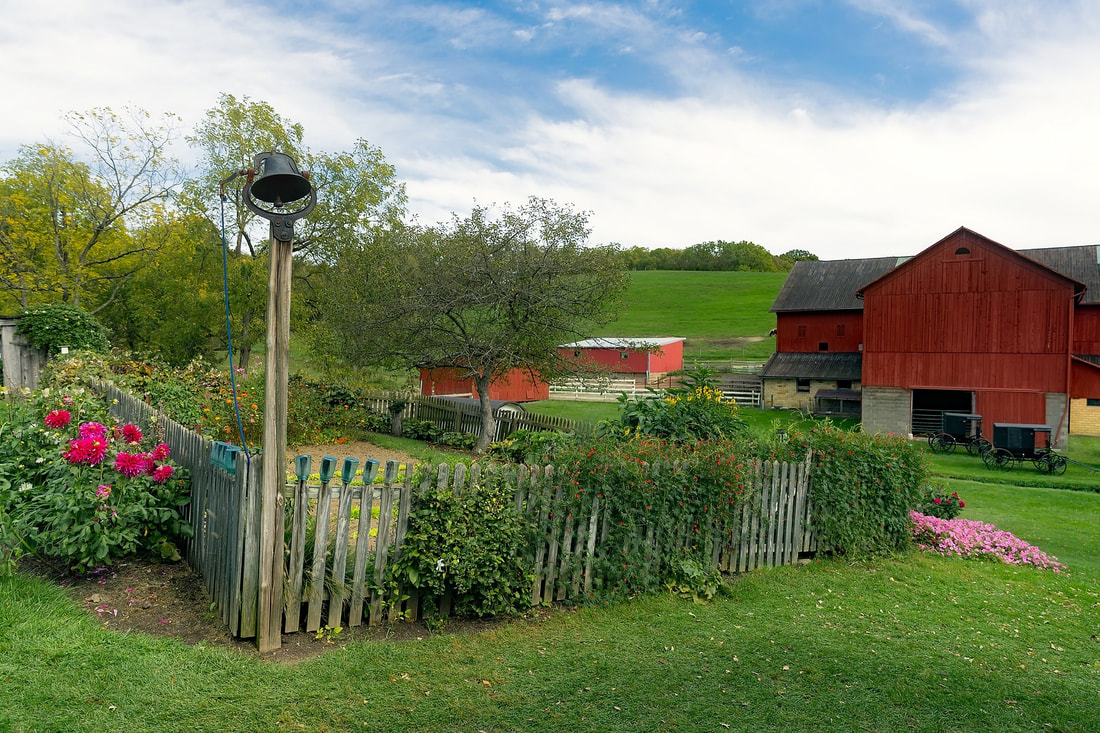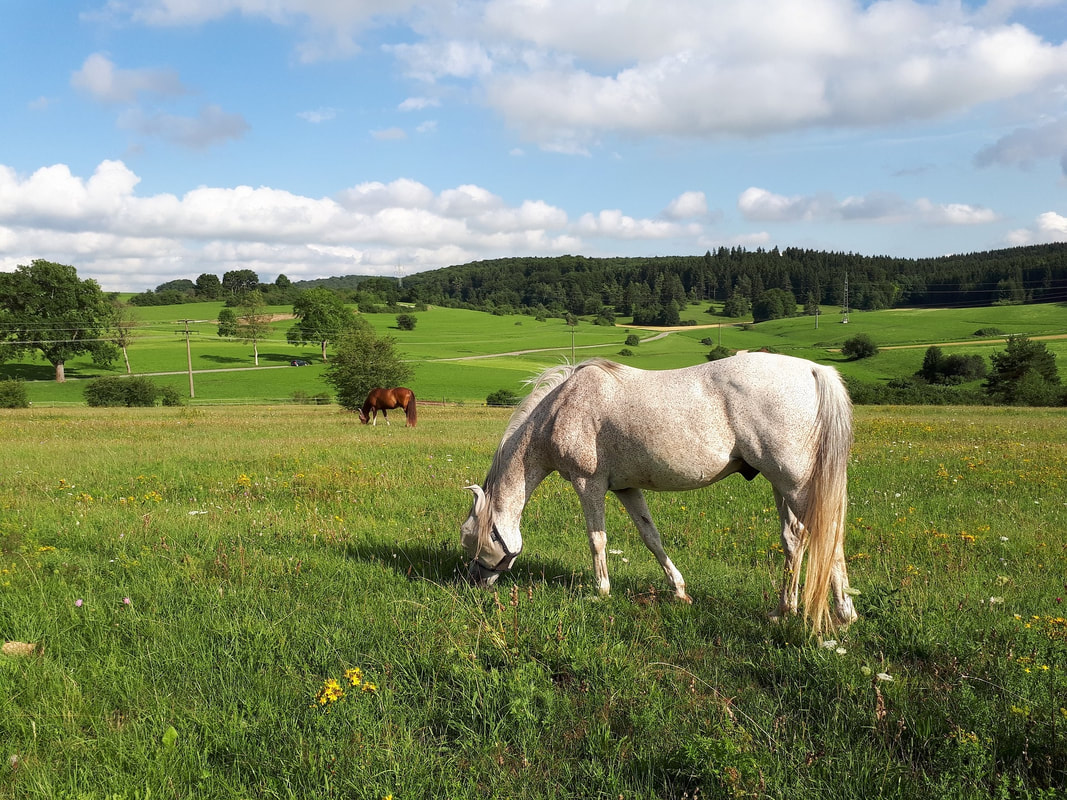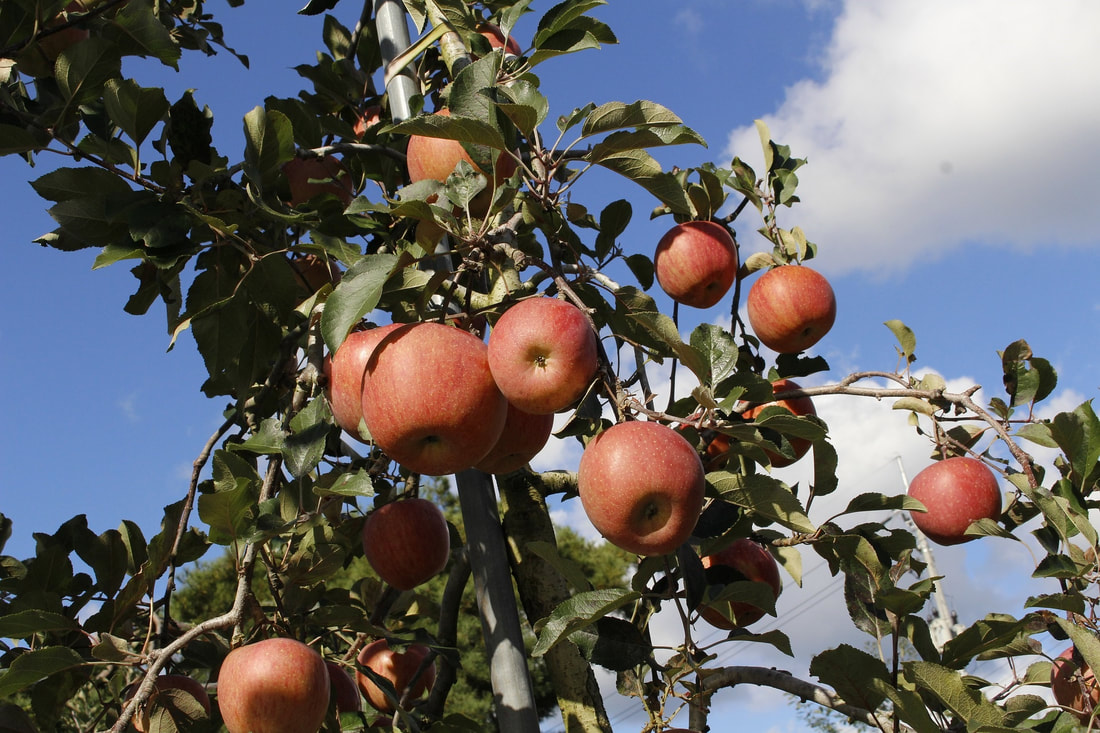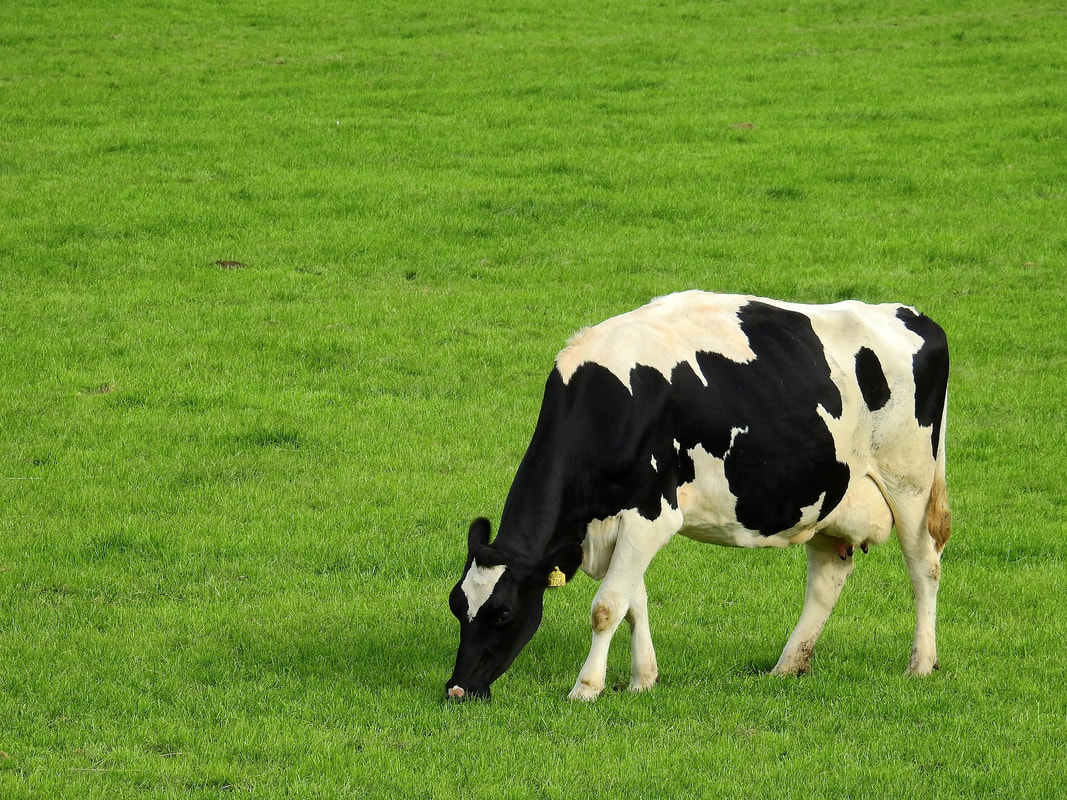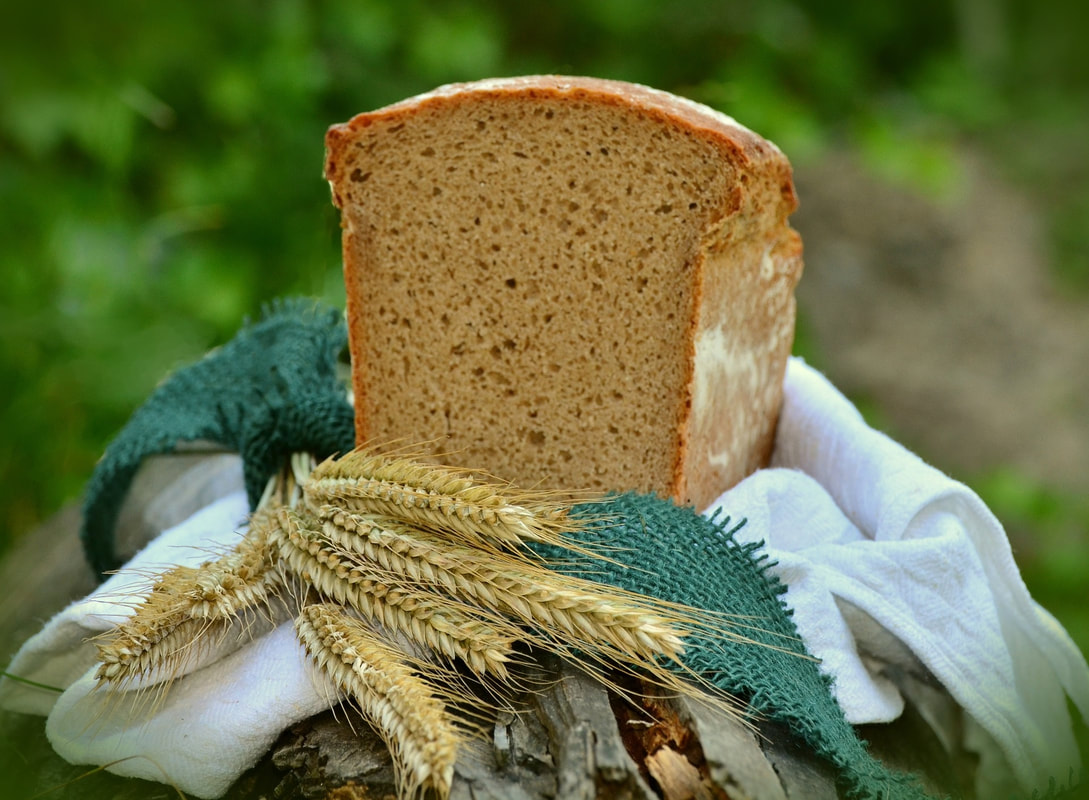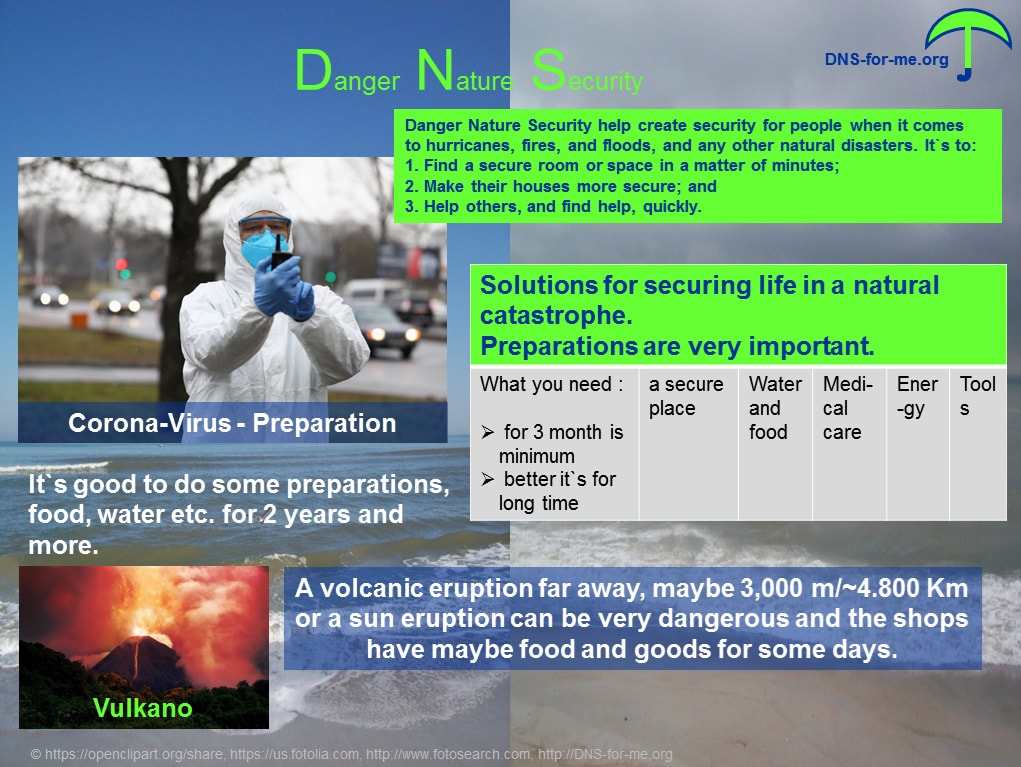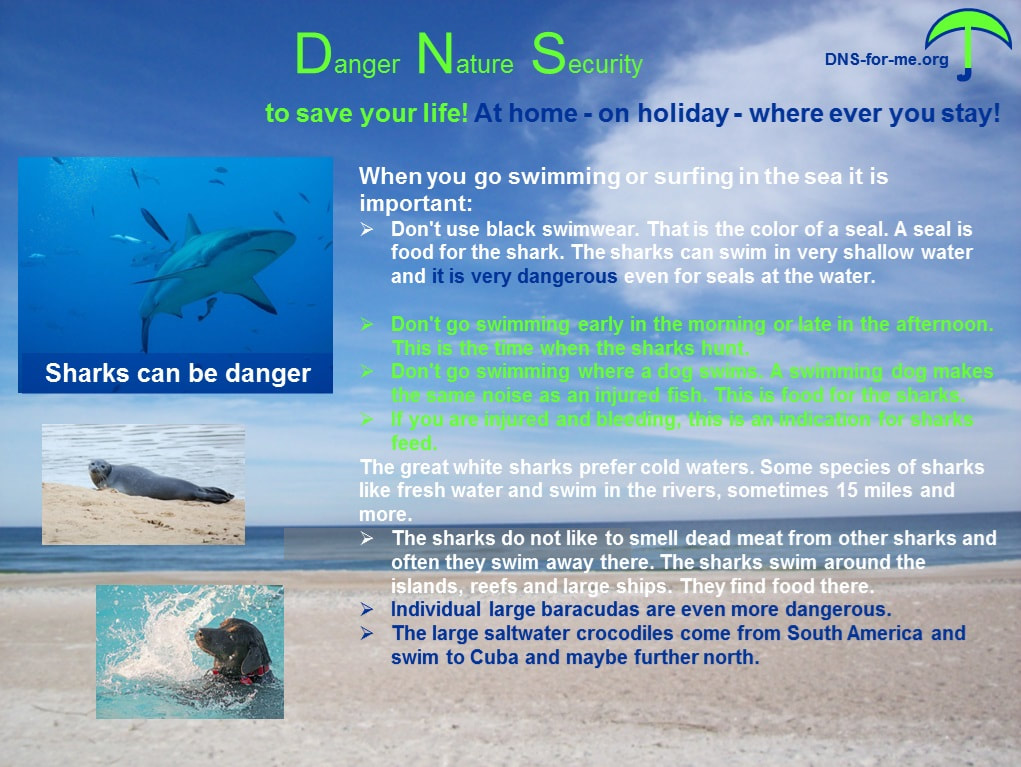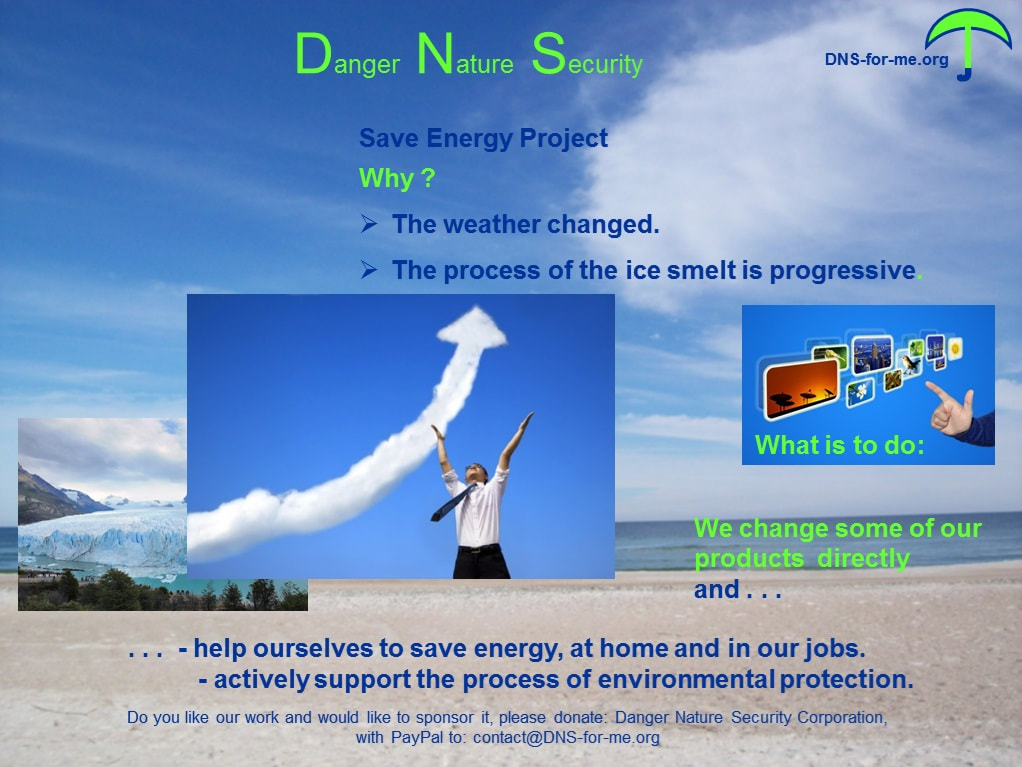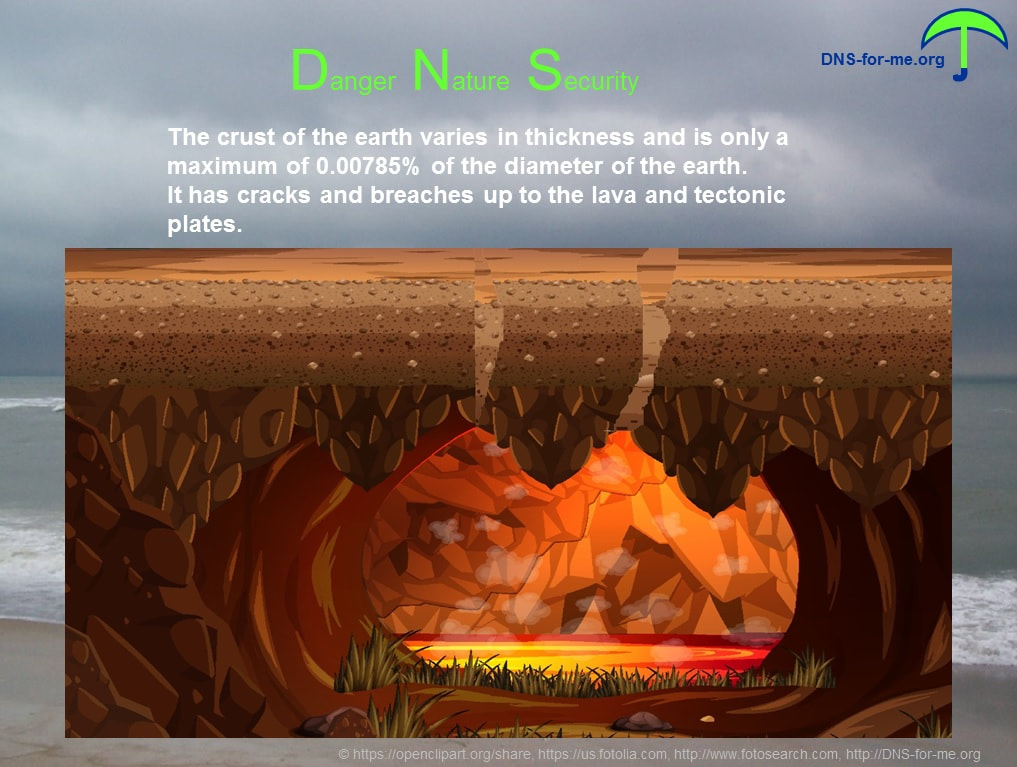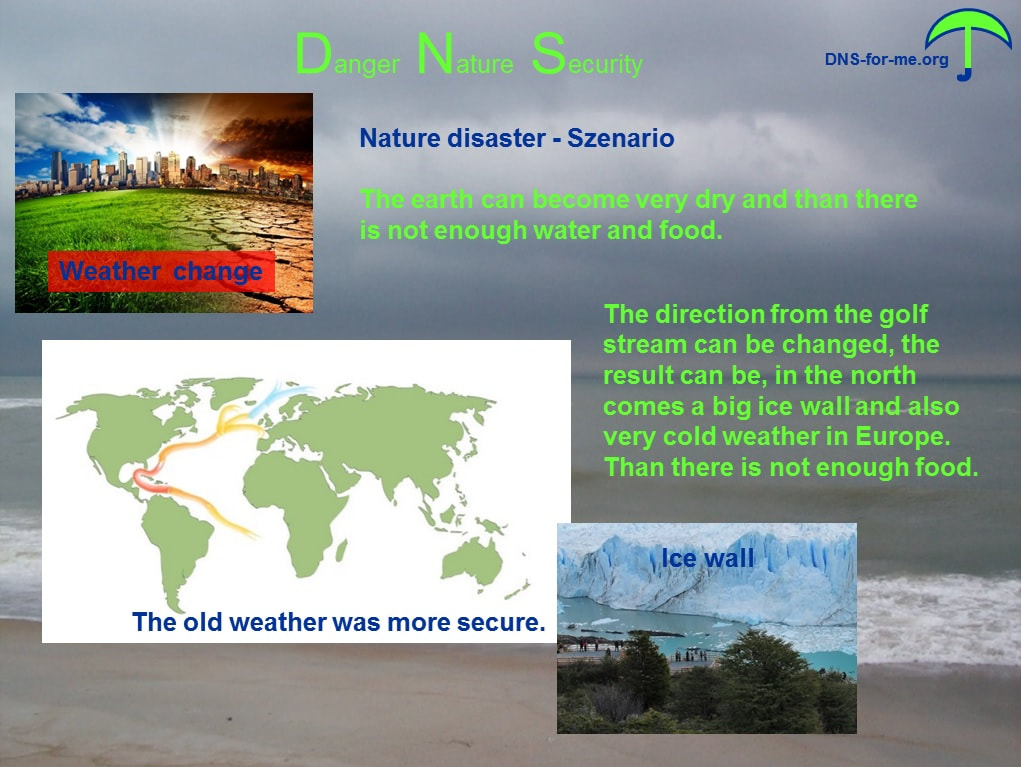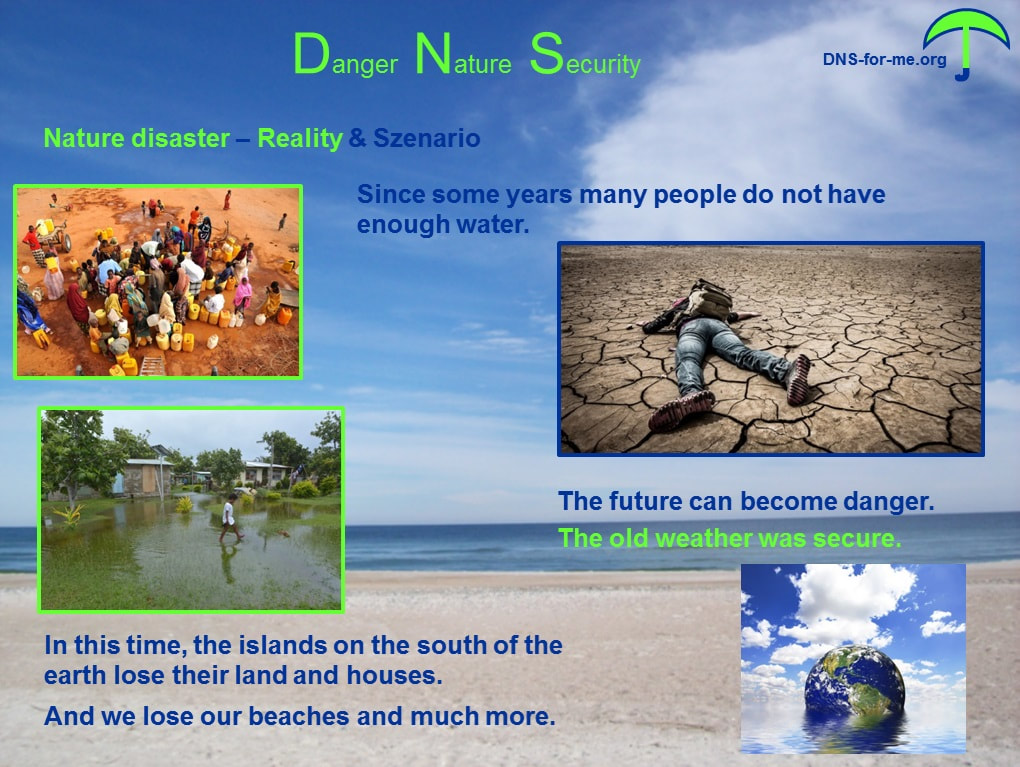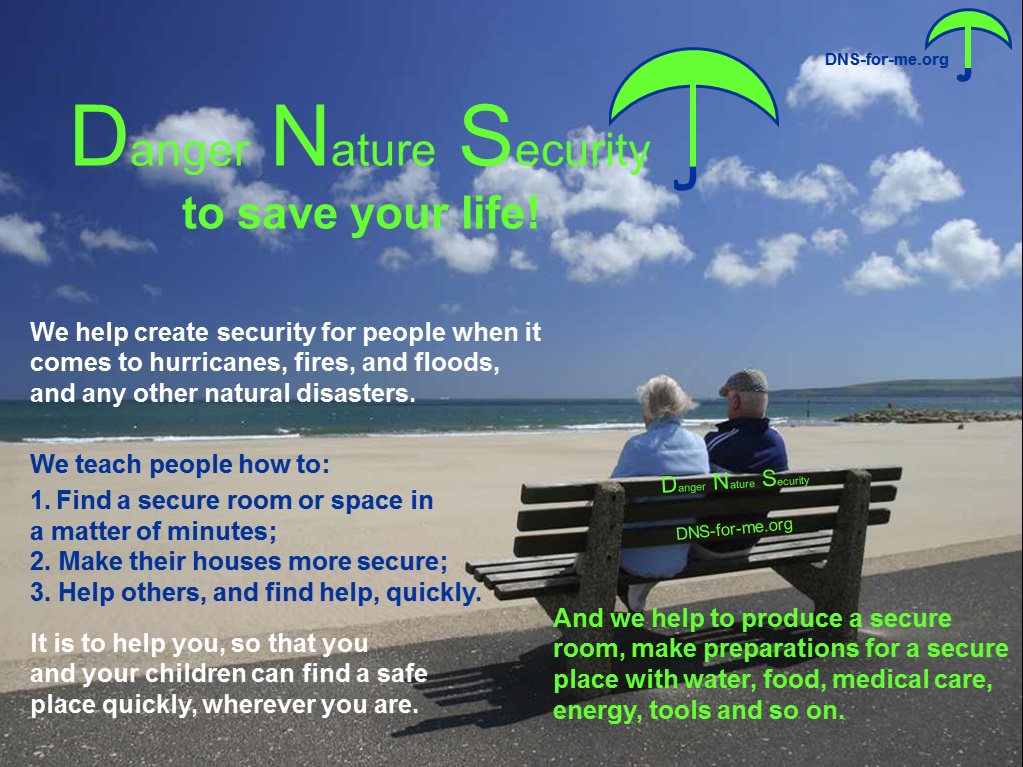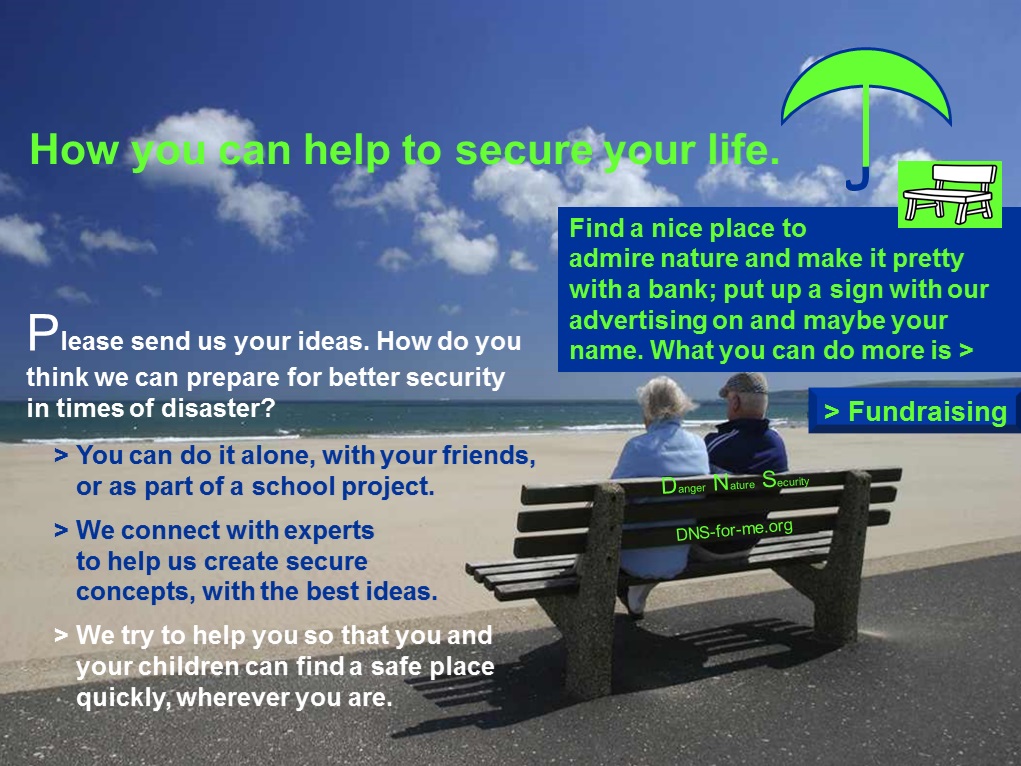- News / Home
- Nature Disasters
- Security
- Start up, free Membership
- Service
- Workshop
- Engineer
- Students
- School
- Experiment
- Fundraising
- Join in, active Membership
- Donation
- About / Contact
- Knowledge
- work with Shipping Container Homes
- Shop-Links
- Sponsors and free advertising
- de/News-Naturgefahren
- de/Öffentlichkeitsarbeit
- de/Fundraising
- Imprint
|
Thanks Sponsors, it`s a great help for this organization.
|
dns-garden-outdoor-service is a fundraising service |
News
Security - Farm project with self-sufficienc
The farm house will be with an extra strong construction against natural disasters and the farm is also a secure in pandemics, similar the Coronavirus. The planning, organization and longtime service will be our work, in some areas with the County for the authorization. This is the voluntary work.
One Project is in Hawaii. The land is in the very nice area, near Hilo with an international airport. We are the general contractor/project manager and take care of the land preparation and foundation work. Nanawale Estates is a lush tropical subdivision. The community includes a swimming pool, athletic fields, and community center. Ample water supply is by rain catchment (Captured rain water from roof runoff into a tank, which is then filtered and pumped into the domestic water system), electricity and phone. And we will use also sun- and wind energy.
|
|
Other farms can arise on other places. Always is the startup very simple. First we rent and buy land, work for the farm and a small house. In some time there arise small farms.
There are many economical farmers but we also need small farmers for many small collateral. With a partnership for a small farm, you have additional security for yourself, your family and maybe for your country.
For more information please contact us: [email protected]
.
Corona-Virus - Preparation
Do you like our work and would like to sponsor it, please donate with PayPal: [email protected]
Home
© Danger Nature Security Corporation (Not for Profit Organization), web: http://DNS-for-me.org, http://danger-nature-security.org
Graphics and photos: © https://openclipart.org/share, https://us.fotolia.com, http://www.fotosearch.com
Thanks, it`s a great help for this organization.
Graphics and photos: © https://openclipart.org/share, https://us.fotolia.com, http://www.fotosearch.com
Thanks, it`s a great help for this organization.

